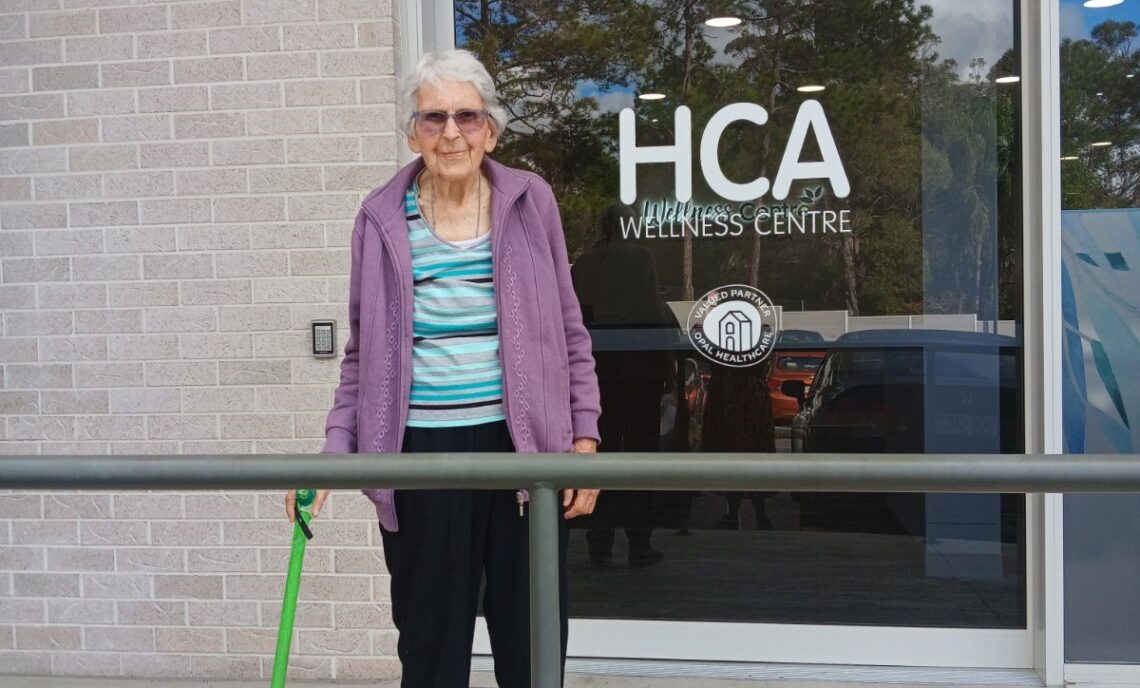
Nursing Resume – 10 tips on how to write a great one.
Table of Contents
How to write a Nursing Resume
Writing up your CV can be a daunting and laborious task for all of us, but making sure it is in good condition is essential for the recruitment teams to assess your skills easily and efficiently. As nurses, we are renowned for bad CV’s so we thought we would give you some hot tips on how you can get the best out of your CV! Whether you are a nurse, a healthcare professional or just need help with your CV, this one is for you! Your CV does not need to be more than 1-2 pages long, depending on your experience, with competencies and certificates attached at the end of that.
TOP TIPS:
Put everything in reverse chronological order
Placing your experience in reverse chronological order from newest to oldest is the best way to highlight your most recent and relevant experience. Placing your most recent experience at the top allows our recruitment team to see what you have been doing and they can work back from there. Separate your experience between student experience and nursing experience if you have both. If you are applying for a role as an AIN please include student placement experience, roles, and responsibilities whilst on placement.
State the month and year of experience
Putting both the month and year of experience is essential, as it could be the difference in a whole year of experience between Jan to December if you do not list it. If you stayed in a role short term, include it, and include the dates that this occurred. The recruiters and people hiring want honesty and want to see what you have done; we are not here to judge. If you stayed in a role for a few weeks, then place that in there as well. To work for an agency such as HCA you need a specific level of experience in order to have had time to develop skills allowing you to be flexible, adaptable, and comfortable with changing environments as the support is lower, so our expectations of work and experience are higher in lieu of this. Depending on what area you want to work in will depend on what experience is needed.
If there is a gap in experience, explain why
Adding to the above point, if you do have a break for whatever reason, and there is a date gap between work, you need to specify the break and why. This may be that you have had time off to have a child or care for a child or loved one, or you may have had a break from clinical work or nursing in general, but whatever it is, put the dates of the break and what happened there so the team are aware of the reason behind the date gap.

Did you do full-time, part-time or casual work?
It is important to state whether you worked full-time, part-time or casual within each role as this can change and dictate how much cumulative experience you have had in each role. If your role changed but you remained in the same hospital or same area, please state when you changed contracted hours or roles, so the team know the experience present so that the roles offered can be matched to your experience.
No fluff – dot point on skills and responsibilities
Keeping your CV straight to the point, clear and concise is KEY. Nobody wants to waft through paragraphs of information, the teams are already busy. Keep it to dot points, short sentences and brief phrases or lists of responsibilities in each role or area.
Place your name, location, contact details at the top followed by a small blurb about you. The key word here is SMALL, just enough to highlight who you are and what you are looking for.
Have a space for your degrees and qualifications followed by experience in each area with specific dates, (months and years) with related skills and responsibilities in those roles (be specific and concisely detailed)
Follow this with your competencies or certificates with dates attained and dates completed (if you are still studying, then put that in there and state you this is ongoing).
Place your references towards the end with contact details such as phone number and email and their roles (who are they to you?)
Keep it clinical
Make sure to focus on your clinical skills when writing and discussing your responsibilities and experience. When listing your skills, keep it clinical, such as direct patient care, taking and assessing of arterial blood gases, and monitoring patients with external pacing, for example.

Proof of certificates
If you have any extra skills or certificates that are listed on your CV under achievements or competencies, make sure you attach the certificates of those. If you have your Advanced Life Support certificate, Graduate Certificate, or any other career-related certificates, add them to the bottom of your CV, so the team can access it immediately rather than having to go back and forth to ask for those later.
Only list your relevant nursing experience
In terms of what to put in your experience, maintain this as the only experience relating to the role you are applying for. For example, if you are applying for a nursing role, you only need to list your nursing experience. Work prior to nursing such as café work, retail work etc is not relevant. The same goes if you are applying for a management role, list relevant experience to the roles you are applying for.
Clinical references – at least one manager and one person higher than you
For your references, it is important to have someone who is your supervisor or of a higher employment level as a reference AND a manager. Depending on what role you apply for will depend on whom you get to fulfil this reference. If you are applying for a role as a nurse, then using a Nurse Unit Manager would be appropriate. The other reference should ideally be someone a level or more above you such as a team leader, in charge, educator, clinical nurse specialist etc.
Make sure your references know they are your references also prior to applying so they are not surprised and know they may receive a call or email. It is also critical to get their permission to use them as references prior to placing them on your CV.
Your referee can not be an HCA employee
Your referee can’t be an HCA employee due to the refer a friend scheme we have, as it causes a conflict of interest in that instance.
We hope these tips have helped you understand what the team are looking for in a CV and allows you to get your CV all sorted to apply and work with us!
Happy applying!
Want to join us and got your CV ready? Send your CV here!



